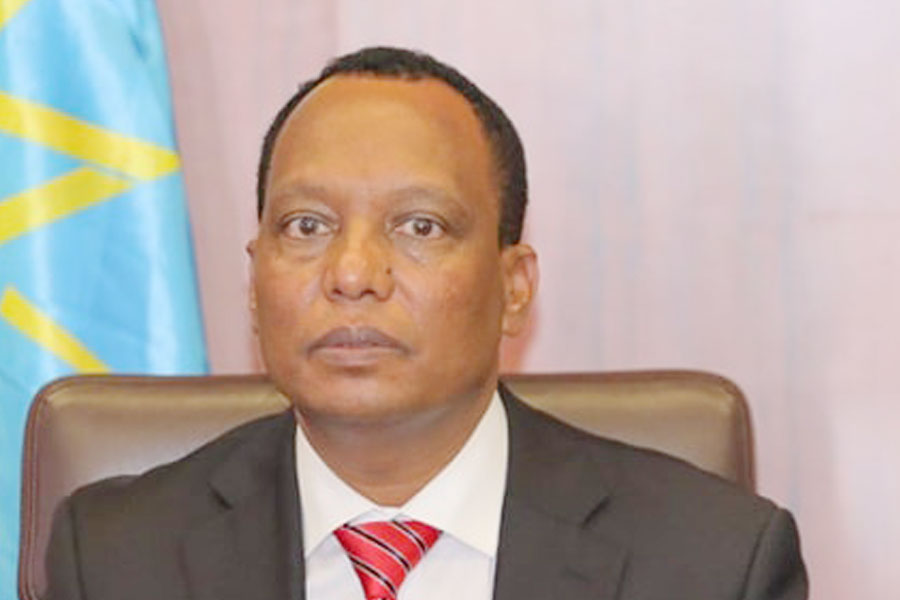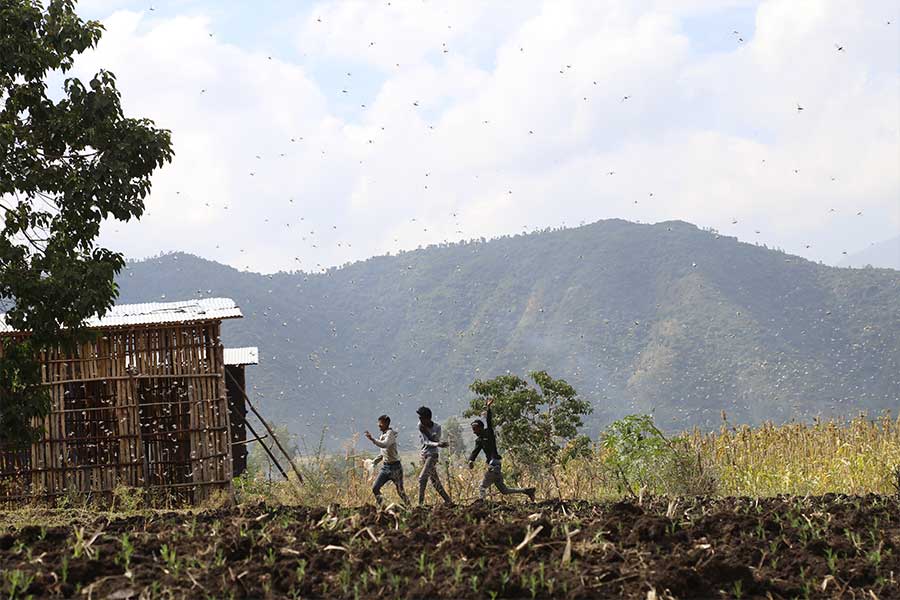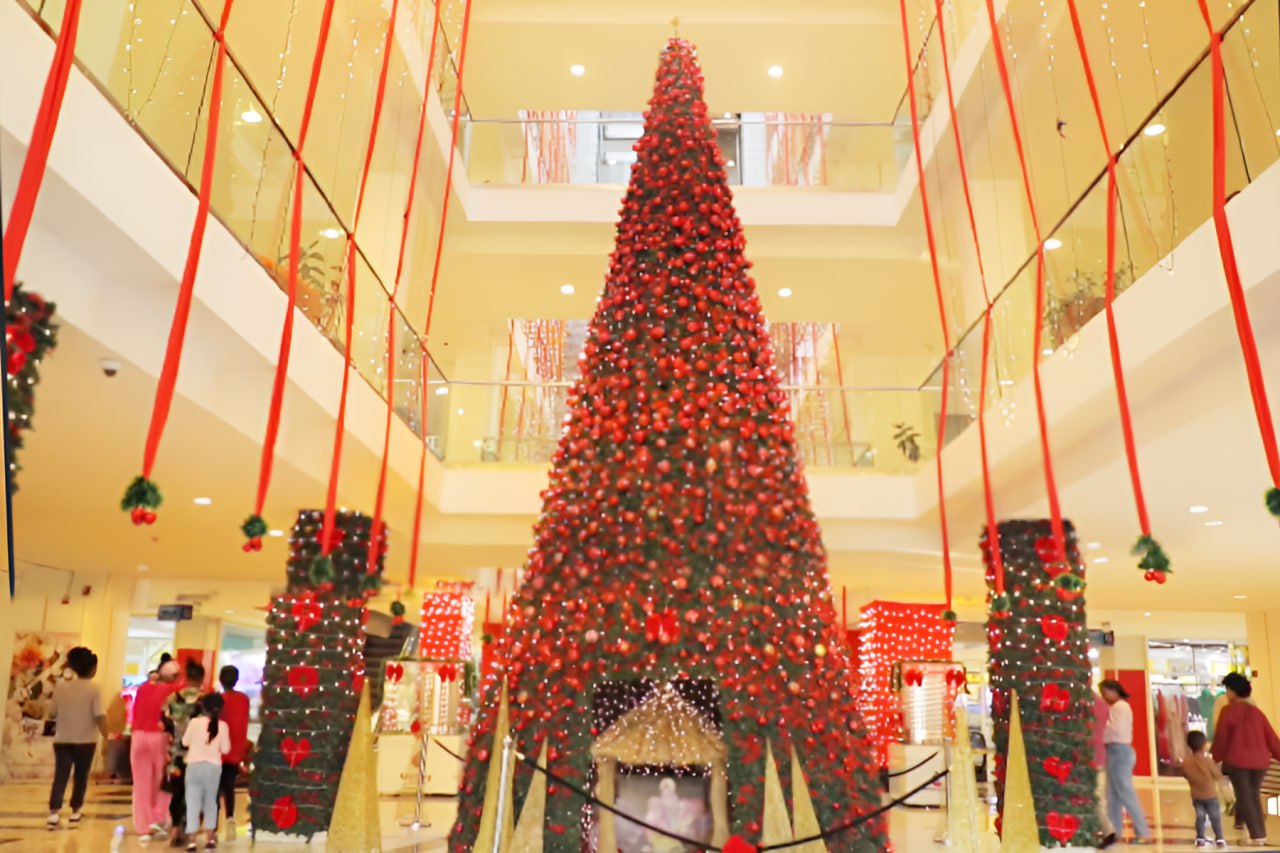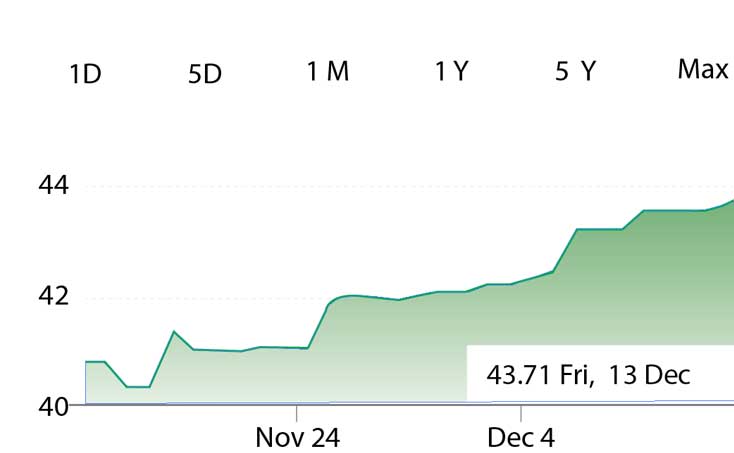
Commentaries | Jun 25,2022
For 43-year-old Alemnesh Neri, the twice-yearly trips from Addis Abeba to her hometown of Gumer was a cherished tradition, a time to reconnect with family and bring gifts from the city. This year, the soaring cost of living and logistical burdens have forced her to cut back on her visits to only once. The cost of items she buys has tripled from 5,000 Br, and transportation expenses have surged likewise. The Mesqel festival, celebrated on 27 September with the burning of a massive bonfire, the “Demera,” holds profound cultural and religious importance in Ethiopia. The influx of travellers during this season strains local infrastructure, already burdened by inflation and security concerns. Hotels along routes are frequently overcrowded, leaving visitors like Alemnesh scrambling for accommodation. Even the allure of cheaper goods in smaller towns is dampened by rigid bus schedules that allow little time for purchases.
Security fears further complicate travel plans. The road from Addis Abeba to the Gurage Zone, where Gumer is located, is plagued by concerns over kidnapping and violence, particularly near Boti and Batu (Ziway). Infrastructure woes compound the problem with unpaved roads, inadequate restroom facilities, and unreliable electricity and water supplies, making journeys arduous and rest stops uncomfortable. Yet, local efforts to improve tourism offer a glimmer of hope. In the Gurage Zone's Arekert Wereda, the newly opened Muluworq Resort, built for 250 million Br, boasts 47 rooms that were fully booked leading up to Mesqel holiday. Tourists like Getu Yilma, who travels from Johannesburg each year and spends up to 400,000 Br during his six-day visit, acknowledge progress and persistent issues.
The tourism sector faces powerful headwinds. International visitor numbers have plummeted post-pandemic, with security concerns and travel advisories from countries like the UK and Canada discouraging travel to Ethiopia. Industry experts like Fitsum Gezahegn, president of the Ethiopian Tour Operators Association, call for improved marketing, streamlined visa processes, and increased state support, including loans and tax incentives, to help the sector recover. While the Ministry of Tourism plans to generate 5.47 billion dollars from 1.3 million visitors this year, experts question the figures, citing “extremely low tourist visibility” and widespread closure of destinations. The Mesqel festival continues to draw people together, symbolising unity in uncertain times. In Addis Abeba, preparations culminated in one of the most enormous "Demera" bonfires at Mesqel Square on Friday, attracting visitors from near and far.
You can read the full story here
PUBLISHED ON
Sep 28,2024 [ VOL
25 , NO
1274]

Commentaries | Jun 25,2022


Editorial | Sep 16,2023

Fineline | Jun 14,2020

Fortune News | Jan 07,2024

View From Arada | Dec 26,2020

View From Arada | Jan 07,2024

Sunday with Eden | Feb 01,2020


Viewpoints | Oct 30,2021

Dec 22 , 2024 . By TIZITA SHEWAFERAW
Charged with transforming colossal state-owned enterprises into modern and competitiv...

Aug 18 , 2024 . By AKSAH ITALO
Although predictable Yonas Zerihun's job in the ride-hailing service is not immune to...

Jul 28 , 2024 . By TIZITA SHEWAFERAW
Unhabitual, perhaps too many, Samuel Gebreyohannes, 38, used to occasionally enjoy a couple of beers at breakfast. However, he recently swit...

Jul 13 , 2024 . By AKSAH ITALO
Investors who rely on tractors, trucks, and field vehicles for commuting, transporting commodities, and f...

Jul 5 , 2025
Six years ago, Ethiopia was the darling of international liberal commentators. A year...

Jun 28 , 2025
Meseret Damtie, the assertive auditor general, has never been shy about naming names...

Jun 21 , 2025
A well-worn adage says, “Budget is not destiny, but it is direction.” Examining t...

Jun 14 , 2025
Yet again, the Horn of Africa is bracing for trouble. A region already frayed by wars...